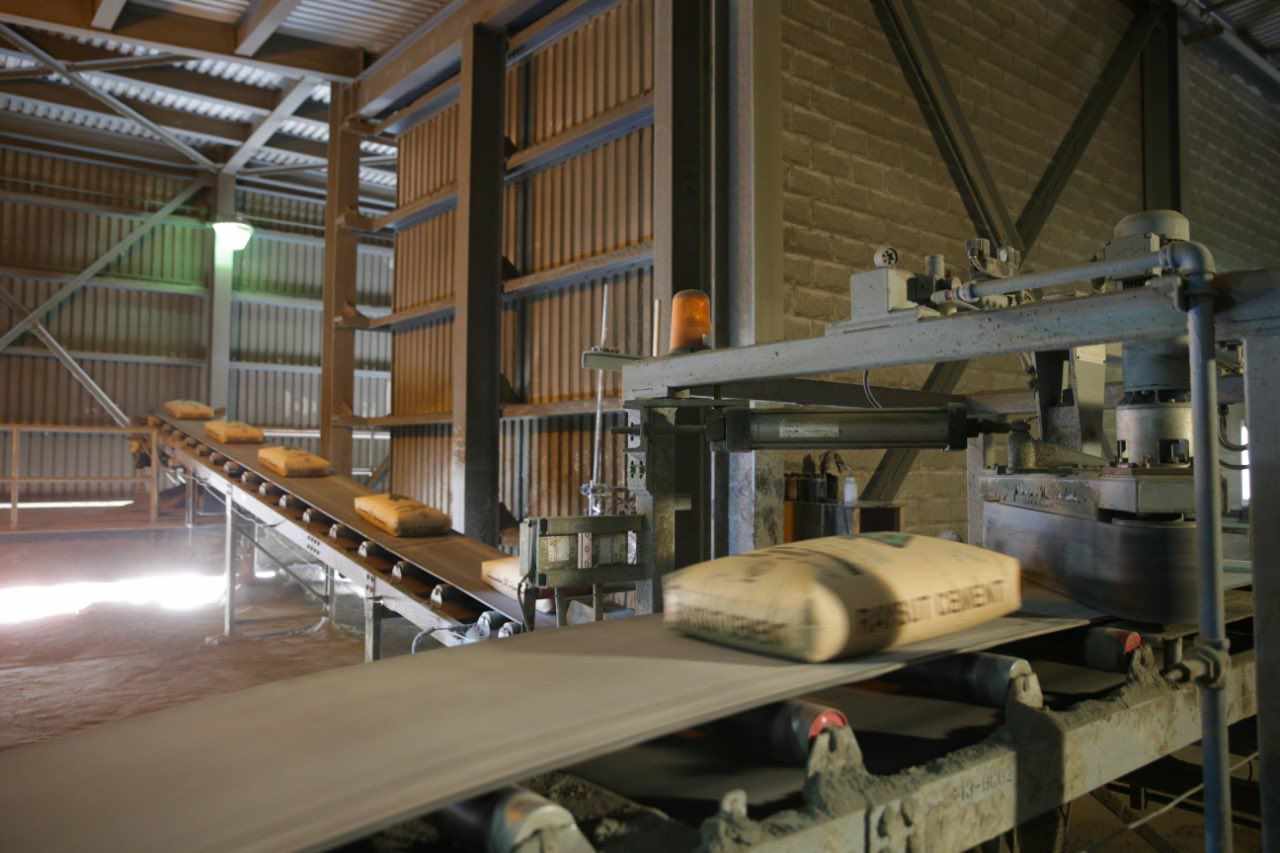Lebanese banks battered by meltdown struggle to survive
- Date: 08-Dec-2022
- Source: Naharnet
- Sector:Financial Services
- Country:Lebanon
Lebanese banks battered by meltdown struggle to survive
Lebanon's once burgeoning banking sector has been hard hit by the country's historic economic meltdown. It has suffered staggering losses worth tens of billions of dollars and many of the small nation's lenders now face possible closures or mergers.
Yet bankers have been resisting attempts to make their shareholders assume responsibility for those losses and instead have been trying to shift the burden to the government or even their own depositors. The country's political class, blamed for decades of corruption and mismanagement that led to the meltdown, has also resisted reforms.
Restructuring the banking sector is a key demand of the International Monetary Fund to start getting Lebanon out of its paralyzing financial crisis. The proposed IMF reforms will likely force most of the country's 46 banks — a huge number for a nation of 5 million people — to close down or merge.
In the years after Lebanon's 15-year civil war ended in 1990, the banking sector was the crown jewel of the country's economy, offering high interest rates that lured in investments and deposits from around the world.
Most of those depositors have now lost access to their savings after the country's lenders for years made risky investments by buying Lebanese treasury






















